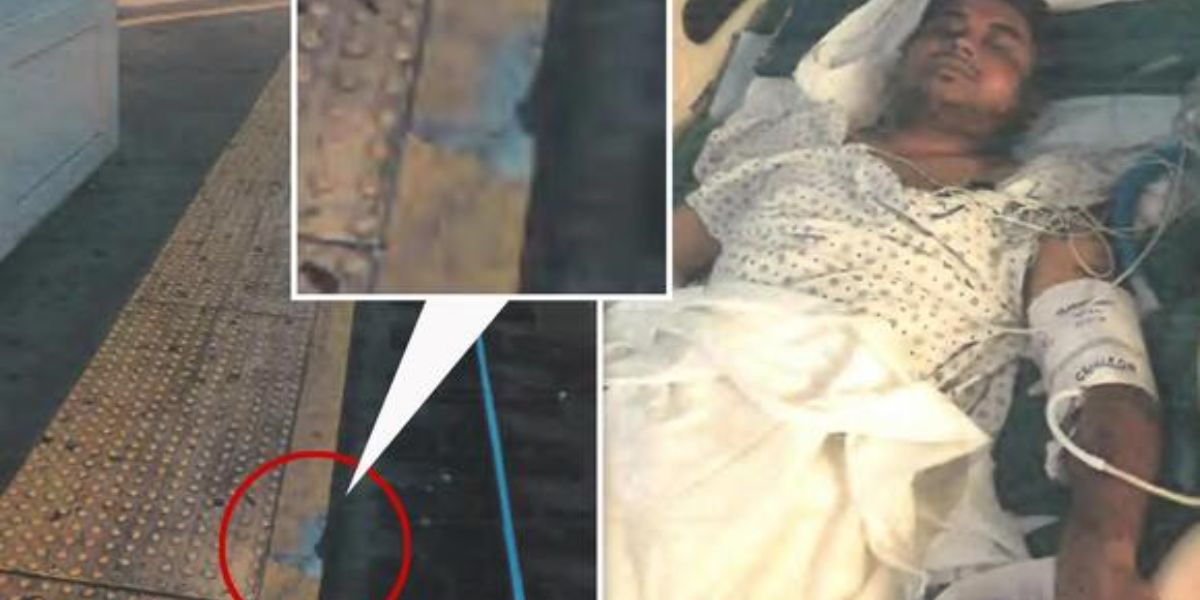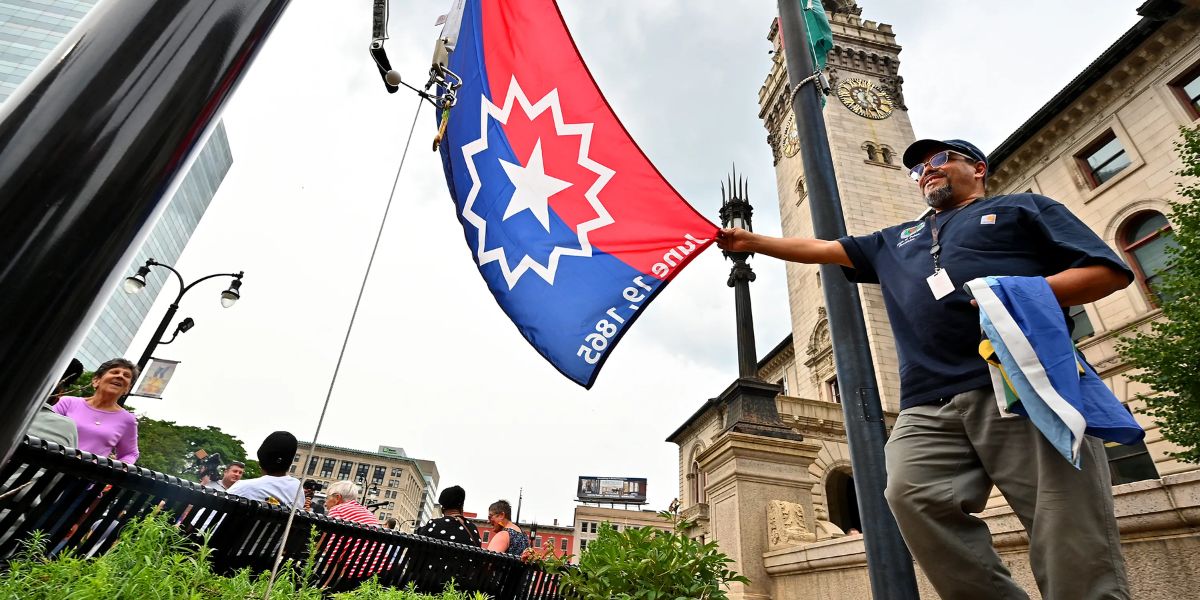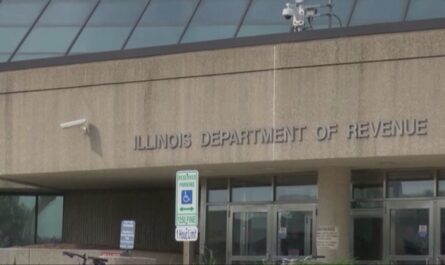That’ll be $4.5 million per toe, please.
The MTA should pay an arm and a leg to a bike deliveryman who lost all five digits on his left foot in a fall from a chipped Bronx subway platform, a jury said Monday, delivering a whopping $22.75 million verdict in favor of the victim.
Maruf Hossain, then 24, was seriously injured in June 2017 when he tripped on a chipped Parkchester platform, sending him to the tracks below as a train pulled into the station.
All of the toes on the Bangladesh-born worker’s left foot were severed, and the train hit him with such force that it dislocated his hip, fractured his pelvis and left him with head trauma and spinal fractures, his suit said.
Hossain told the court he will need constant medical care for the rest of his life, plus help at home with chores.
While Hossain’s original lawsuit sought $20 million in damages, the MTA tried to strongarm him into a settlement of $100,000, his lawyer told The Post.
Now, nearly eight years later, the jury ended up awarding $2.75 million more than what Hossain originally sought.
“After years of the Transit Authority trying to bully me into an unfair settlement, the jury saw through their lies and gave me a second chance at living a normal life,” Hossain said in a statement to The Post.
His lawyer, Nick Liakas, added that the case “highlights the efforts that the New York City Transit Authority will go to to avoid their responsibility towards innocent New Yorkers.
“The client had tripped on a defect on the yellow portion of a very narrow train platform,” Liakas said.
“The transit authority maintained that the plaintiff tried to commit suicide and jumped and that there was no defect at the area where he claimed to fall.
“They had a teenage witness who testified that she saw him jump in front of the train … along with a transit authority cleaner who testified he heard, ‘Don’t jump, don’t jump,’ ” the lawyer said.
“We showed that the transit authority likely authored the witness statement themselves and passed it off as an independent statement. The jury agreed.”
A psychiatric exam was performed on Hossain at his Jacobi Hospital bed three days after the incident. EMS workers initially reported it appeared he had either fallen or jumped onto the tracks.
“I did not try to kill myself, no, never,” Hossain insisted to the doctor, according to the exam filed as a court exhibit.
The exam noted that Hossain recalled he was fasting for Ramadan that day and how crowded the train platform was as he tried to go to work at his job for a Lower Manhattan restaurant.
“I don’t know how I fell down. I know I did not jump or tried [sic] to kill myself, no, no way,” he said.
He had no documented previous psychiatric history or issues with substance abuse, a doctor said in court documents.
Hossain told the shrink he did not suffer from depression. He said he came from Bangladesh to the US five years earlier with plans to become a citizen.
“I am making $1,000 a week. I am happy. Planning to get married next year,” he said, adding that he had no children, according to the exam.
Examining psychiatrist Nabil Karroum said Hossein “seems well adjusted” and noted no signs of suicidal ideation.
His lawyer told The Post he is not married but is now a US citizen.
Hossain sued the MTA for negligence six months after the accident, claiming the agency was negligent in maintaining the subway platform that caused him to plummet to the tracks.
When first responders arrived at the early morning Bronx nightmare, they found the train had already severed Hossain’s five toes — with an expert witness calling his foot “truly mangled,” according to court documents.
Tom Stebbins, executive director of Lawsuit Reform Alliance of New York, highlighted New York’s history of “runaway verdicts” in the wake of the MTA’s uber-costly legal case.
“While I can’t comment on a specific case without knowing all the facts, we know New York’s civil justice system is ranked as one of the most costly in the nation and is a magnet for nuclear verdicts — runaway verdicts of over $10 million — that drain public budgets and divert funds from government services and infrastructure improvements,” Stebbins said in a statement.
“The City pays out more in settlements and verdicts than the next largest cities combined.”
Monday’s verdict could still be appealed or further challenged in post-trial motions.
“The MTA is reviewing the verdict while assessing all legal options,” MTA rep Meghan Keegan told The Post on Tuesday.
The outside law firm that represented the agency, Landman Corsi Ballaine & Ford, did not respond to Post requests for comment.
While the amount is staggering, it is not the largest jury award against the MTA.
Last fall, a man hit by a Big Apple train was awarded a stunning $90 million verdict. But the award was recently reduced in a post-trial motion to less than half that amount — just under $40 million, court documents show.
In 2024, jurors also handed a $72.5 million verdict to a cancer patient hit by an MTA bus.
And in 2019, a young man paralyzed by a falling city railroad tie won a stunning $110 million verdict.
It’s not clear whether the complete 2019 and cancer-patient awards were upheld.




